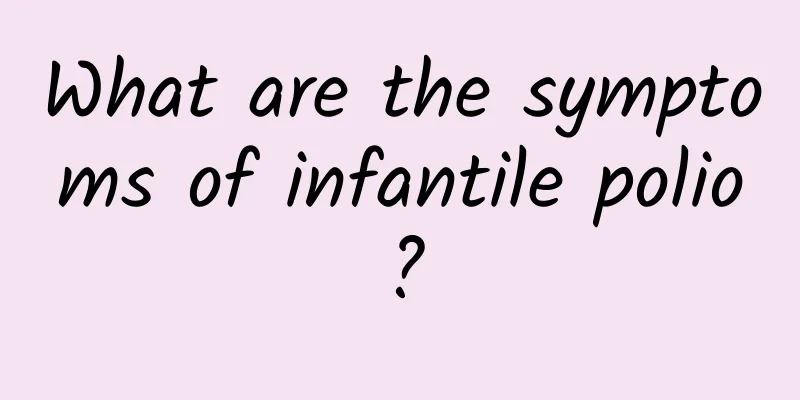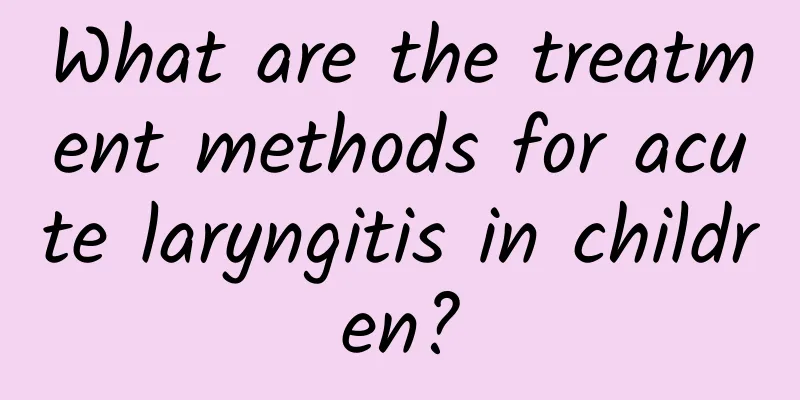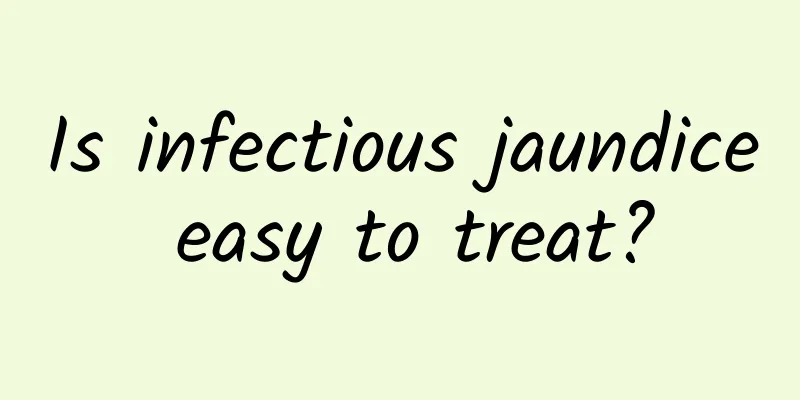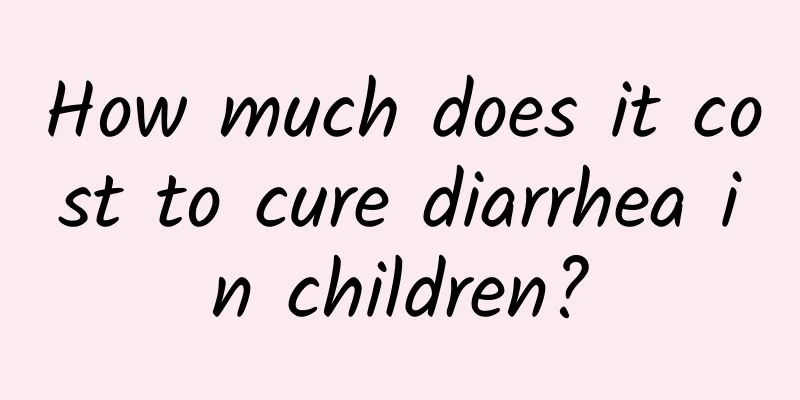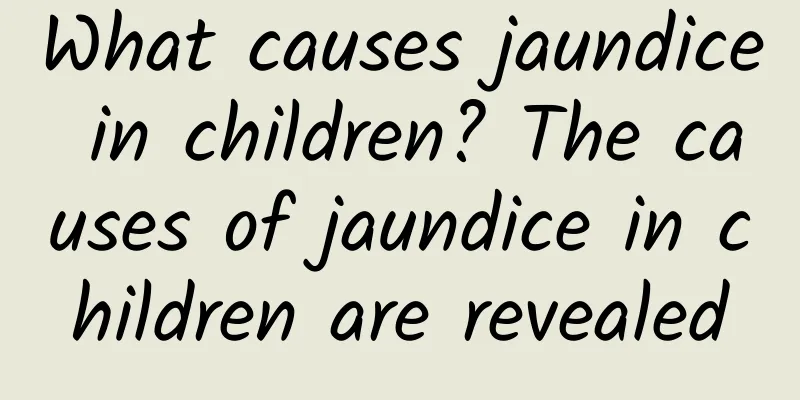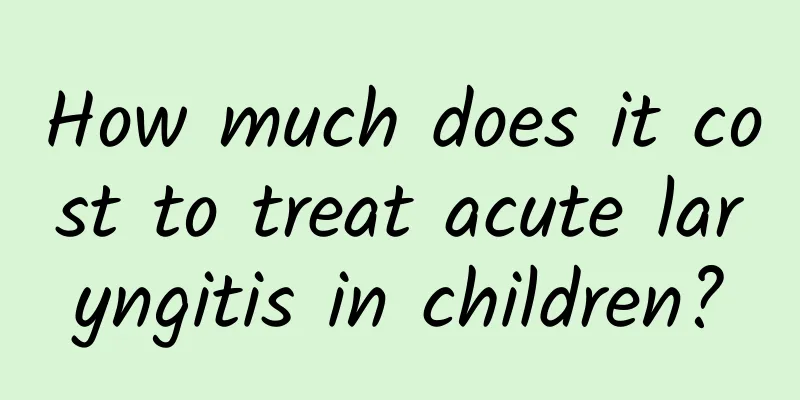What are the symptoms of ADHD?
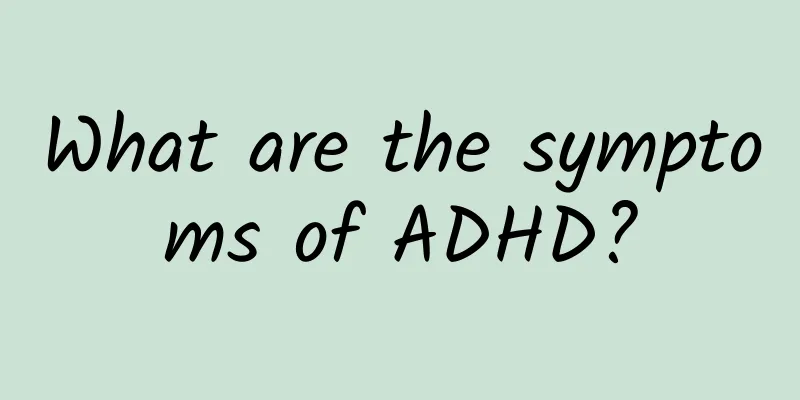
|
ADHD, also known as attention deficit hyperactivity disorder (ADHD), is a common neurodevelopmental disorder that primarily affects children but can persist into adulthood. ADHD symptoms can be divided into three areas: attention deficit, hyperactivity, and impulsivity. Understanding these symptoms can help with early identification and intervention. Attention deficit is one of the core symptoms of ADHD. Children with this disorder often have difficulty focusing on details and are prone to making careless mistakes. They often have difficulty maintaining their attention when completing tasks or playing games and are easily distracted by external stimuli. Imagine a child who is writing homework and is suddenly attracted by a bird flying outside the window, resulting in a rough draft of the homework. This lack of concentration may also cause them to frequently forget daily activities, such as forgetting to bring books or homework. Hyperactivity is characterized by excessive physical activity, which is especially noticeable in inappropriate situations. For example, a child may be unable to sit still in class and is always squirming or moving out of his seat. Like a little motor, it never seems to stop. This behavior may seem inappropriate in social situations, such as suddenly yelling or running around in a quiet environment. Impulsiveness is about acting without thinking. These children may interrupt others when they are talking or rush to act without waiting for their turn in a game. It is as if there is no "pause" button between their brain and body. This impulsive behavior can cause them problems in social situations because they may not understand the importance of waiting and sharing. Symptoms of ADHD vary from person to person and may change with age. For parents and educators, recognizing these symptoms is an important step in helping children. Early identification and intervention can help children better manage symptoms through behavioral therapy, educational support, and in some cases, medication. If you suspect your child may have ADHD, it is recommended to consult a professional for an evaluation so that appropriate support and guidance can be obtained. Understanding and accepting your child's uniqueness is an important step in helping them grow. |
>>: The organ with the highest water content in the human body
Recommend
The best treatment for mumps in children
How many treatments are there for mumps? How to t...
The root causes of ADHD in children
When ADHD appears in children, it will cause hype...
Do symptoms of hand, foot and mouth disease in adults indicate poor immunity?
The symptoms of hand, foot and mouth disease in a...
What causes acute laryngitis in children?
The weather is getting colder, and it is the high...
How to treat a child who has a recurring cough?
Children's repeated coughing is partly becaus...
What are the common symptoms of tics and what are the treatments for tics?
When a child suffers from tics, parents are most ...
What are the causes of kidney disease in children?
Many parents of children with nephrotic syndrome ...
Introduction to medication for pneumonia in children
Only the right medicine can be effective quickly,...
What are the treatment principles for patent ductus arteriosus in newborns?
The treatment principles for patent ductus arteri...
What are the methods to cure breast milk diarrhea?
What are the methods to cure breast milk diarrhea...
What dietary taboos should children with hand, foot and mouth disease pay attention to? 4 misunderstandings about children's hand, foot and mouth disease
Hand, foot and mouth disease is a more common dis...
What is the pediatric phlegm-relieving and cough-relieving granules? How to treat children's cough with a lot of phlegm?
Pediatric phlegm-relieving and cough-relieving gr...
What is the differential diagnosis of acute laryngitis in children?
What is the differential diagnosis of acute laryn...
What causes pneumonia in children?
We all know that the environment around us will c...
What to do if your child has a cough
Children are the treasures of parents. If there i...


